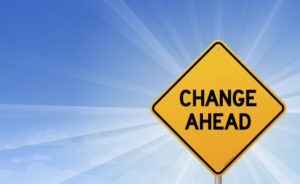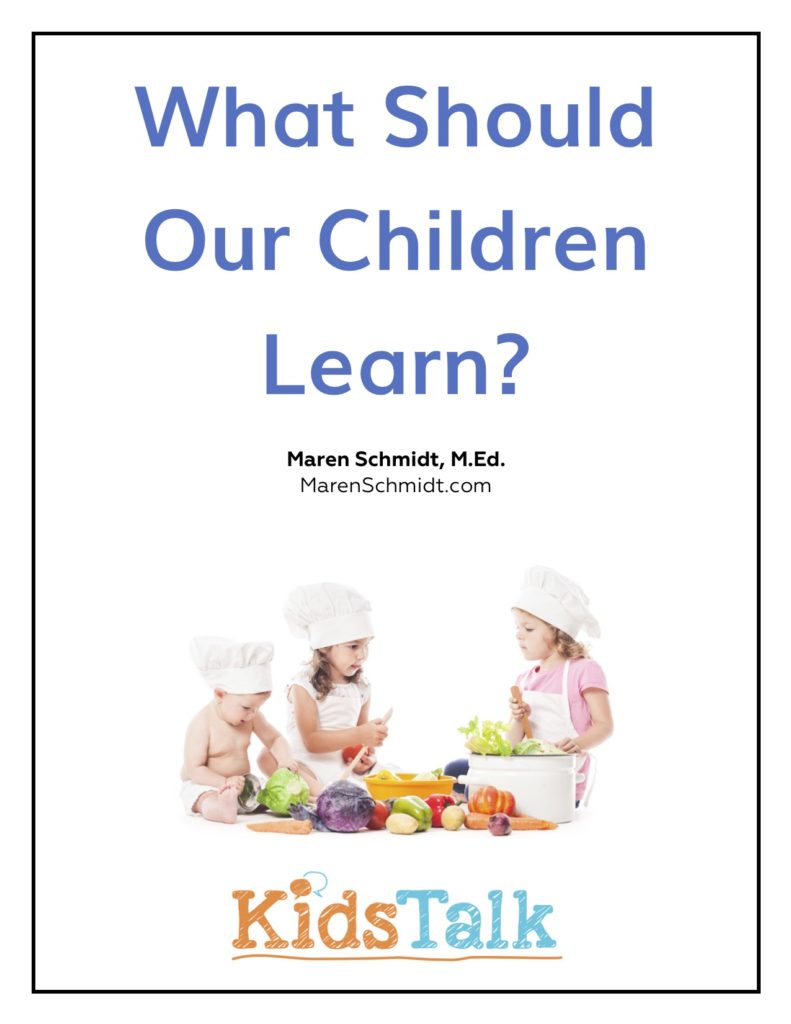
Learning to deal with change has become one of the critical life skills of our times.
The amount of new information that we can access through the internet grows in such a geometrical progression that it staggers the mind.
In 2010 Eric Schmidt, then CEO of Google, commented that every two days we now create as much information as we did from the dawn of civilization up until 2003. “I spend most of my time assuming the world is not ready for the technology revolution that will be happening to them soon,” Schmidt said.
We are awash in a world full of user generated instant messages, tweets, pictures, videos and more. Our interactions with our environment, that consists of people, objects, nature and ideas, seem to be dominated by electronic objects and the ideas that flow through them. People and nature appear to take a back seat to oh-so-many electronic interactions.
We deal best with change when we feel safe and know that we possess a skill set that will help us navigate uncharted waters.
Interestingly, the skills that might serve us best in dealing with change are best learned from people and nature:
- Being aware of change.
- Facing feelings.
- Knowing when to accept or reject change.
- Having an attitude of anticipation.
- Knowing that you can choose to act, not react.
- Learning to relax.
- Setting smart goals.
- Having a support system.
Without learning how to deal with change and making conscious choices of how to act, feelings of helplessness, as well as feeling trapped and victimized occur in times of uncontrollable change.
Nature helps us show our children the nature of change.
Day and night. The phases of the moon. Weather. Seasons. Seeds. Growing. Dying. Wind. Weather. Caterpillars. Tadpoles. Being aware of the changes that are occurring all around us everyday and seeing the patterns of change helps us learn to put our lives in perspective.
A rock filled with stromatolites sets on our bookcase, a reminder to put everything in perspective. Geologists believe the stromatolites to be the oldest living thing captured in the fossil record, 3.5 to 1 billion years ago.
Change happens, and this too shall pass.
Learning to be aware of our feelings and having a vocabulary to name those feelings is important with dealing with change. Feelings are our natural signs that our needs are or are not being met. Being in touch with our physical emotional reactions helps us met our needs, and deal with change.
Some change is good. Some is bad. Change for change’s sake is not always what we should accept. Knowing the nature and patterns of change, along with our underlying emotions and needs, helps us discern if we should welcome the change or choose something else.
Learning to relax will help us avoid fighting change when perhaps struggling with change is not the wisest option. Being in nature, exercising, and learning to breathe, again, are all things we learn from other people.
Anticipating change can be fun. It can feel like Christmas. A birthday party. A vacation. Our attitude makes a difference. We always have a choice of how we will act or not act in face of change. Attitude and choice are abilities we learn from the people around us.
Young children, as all of us did, need knowledgeable adults to guide them to learn the essential skills to deal with a lifetime of change and growth.
We need to provide our children a safe place to experiment and make mistakes in order to learn to make good decisions. Our children need adult guidance to point out interpersonal skills of communication and intrapersonal skills of how to read emotions and how to make informed choices.
Learning to deal with change is about learning to see the world change around you and having skills that will allow you to go boldly where no one has gone before.
That’s life. We should be helping our children prepare for it.
Sign up below for your free guide, What Should Our Children Learn?


One Response to “Learning to Deal With Change”